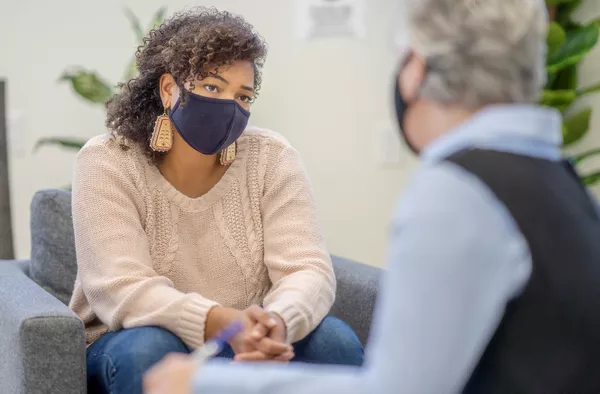California, the state with the largest homeless population in the United States, is facing a dire crisis, driven by a shortage of affordable housing and inadequate mental health care services. Alarmingly, one in four of the homeless population suffers from a severe mental illness, a crisis that has also contributed to a surge in violent crimes. Recently, Sacramento’s top prosecutor sued the state’s capital city, citing its descent into chaos.
Governor Gavin Newsom is determined to tackle this crisis head-on with a bold and controversial plan set to roll out this fall, with costs expected to reach billions. Termed CARE Court, this initiative signifies a transformative approach to mental health care as it brings the judicial system into the realm of mental health support. The objective is clear: compel individuals to seek help and hold counties accountable for providing it, all with a focus on accountability and consequences.
In an exclusive interview with Governor Newsom, he emphasized the urgent need for change. “Change has its enemies, I get it. But one thing you cannot argue for, with all due respect to all the critics out there, is the status quo,” he declared. The Governor, fueled by a sense of urgency, aims to overhaul a system he views as a “fail-first” approach, one that pushes individuals into the criminal justice system before they receive the necessary support.
CARE Court operates through a comprehensive process: individuals with severe mental illnesses are evaluated, and if found to have untreated psychotic disorders like schizophrenia, a judge can mandate a mental health treatment plan. This plan may encompass medication, therapy, and secure housing. The ultimate goal is to get people off the streets and provide help before they pose a threat to themselves or others.
While some question the potential coercion involved, the system allows individuals to access a public defender and refuse treatment, avoiding incarceration. However, if someone in CARE Court declines treatment, a judge may consider conservatorship, a drastic measure that compels individuals to comply with treatment by stripping them of certain rights.
Families, law enforcement, first responders, and others now have the ability to petition a court to secure treatment for individuals who need it. Previously, there were limited options for families like Anita Fisher, who tirelessly advocated for her son, Pharoh Degree, diagnosed with schizophrenia two decades ago. Despite her efforts, Pharoh’s condition deteriorated while he refused medication, resulting in homelessness and anguish for the family.
Governor Newsom’s CARE Court plan received widespread support in the state legislature, reflecting the growing concern about homelessness and mental health issues. However, some opponents worry about the potential for conservatorship and view CARE Court as coercive. More than 50 advocacy groups criticize the initiative as a costly mistake that may inflict harm.
Eve Garrow, a homelessness policy analyst for the ACLU of Southern California, believes that comprehensive mental health care for all Californians is the solution, not a new court system. She argues that investing in services rather than CARE Court is the way forward.
As the CARE Court system is set to launch in eight California counties by December, and statewide by the end of next year, the stakes are high. Governor Newsom insists that accountability at all levels is fundamental to CARE Court’s success, and he calls on local governments to deliver on their commitments. The plan is not without its critics, but Newsom is resolute in his pursuit of change, driven by a deep sense of compassion and purpose.
The outcome of CARE Court remains uncertain, but Governor Newsom is unwavering in his belief that the status quo is untenable, and change is essential to save lives and taxpayer dollars.

